The way we grieve is an ingrained part of our culture both for the bereaved and those who want to comfort them. With COVID-19 there was shock for both as their usual funeral or wake script was removed. They were uncertain as to what to do and yet their hearts were open to people and feeling their grief.
According to Orla Keegan (pictured) head of education and bereavement at the Irish Hospice Foundation, the wake and funeral – which Irish people do very well – have a strong purpose. 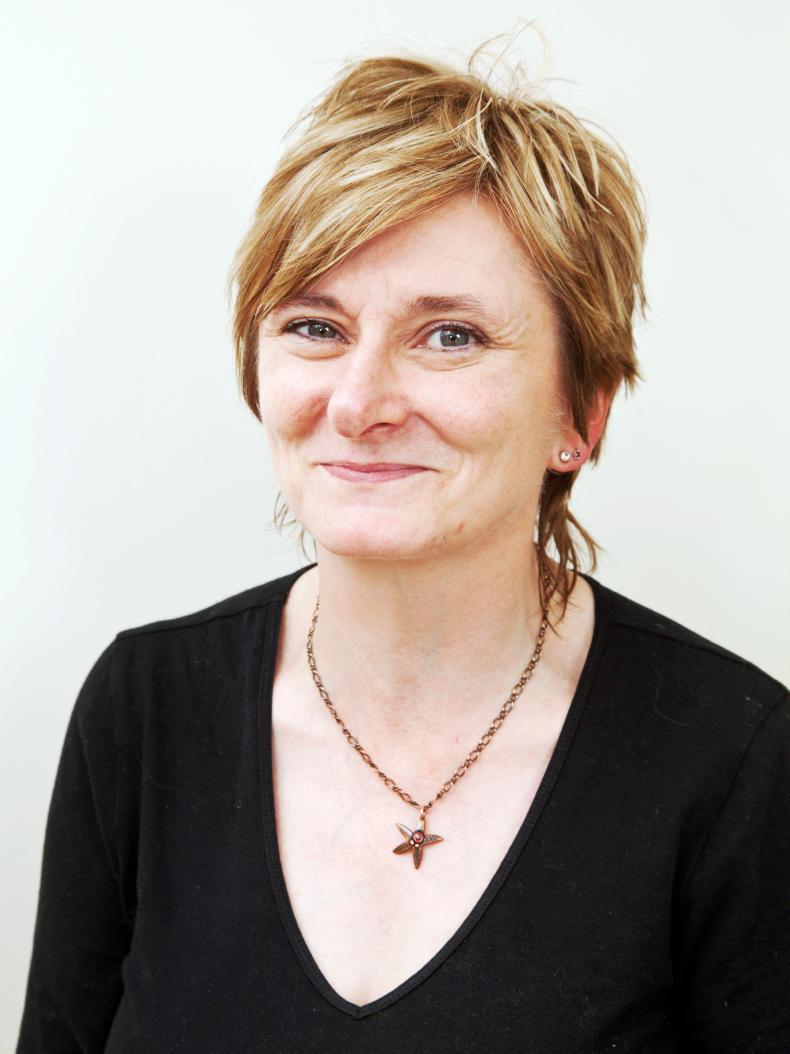
“They acknowledge the reality of what has happened; the person is dead. All those condolences, visits and chats with each one telling a story or saying what the person meant to them are important. They are reinforcing the fact that the person is gone and are helping the family to that realisation.
“The wake and funeral also allow us pay tribute to the person who has died and mark what they meant to their family and community. With these repeated stories and intense time of talking we are helping them transition from being alive to being in the memory. Lastly, these rituals provide comfort to all who knew and loved the person who has died and this is huge.”
Bereaved people need comfort
However, in a COVID-19 world, while these three functions remain, our usual way of filling them is gone. That’s made it hard for people and their potential comforters. It’s important to say that people have become creative about how they share memories and provide comfort. It may not be a hug but they are reaching out in other ways.
For instance, RIP.ie was quick to promote its condolence book so that people who would have gone to a funeral could write a message in that space. People are writing letters to the bereaved and are saying more than normal and putting more memories of the deceased person down in writing.
Communities are forming guards of honour as a way of comforting the bereaved. They are reaching out but respecting the social distancing rules for the good of the country.
“Bereaved people need comfort and reaching out to them is very important. Keep doing this and be there for people, allow them to talk, to say the name of the person who died. Ask them how they are doing. We fervently believe more conversation about this would help everyone,” says Orla.
For more, email info@hospicefoundation.ie or
phone the berevement support line 1800 807077.
With COVID-19 the Irish Hospice Foundation could see that with more people dying, more people were being left bereaved. Access to social supports was limited so people were more confused and lonely and had more questions to ask. That’s why the Hospice Foundation established its dedicated bereavement support line as a practical way of helping people cope.
“The support line is for those affected by bereavement during the COVID-19 crisis and the many more who lost somebody to other illnesses. It’s also for those cocooning whose reaction to a past death comes back to them. So many people are lonely, distressed and angry and have questions to ask. We are happy to be there for them,” says Orla.
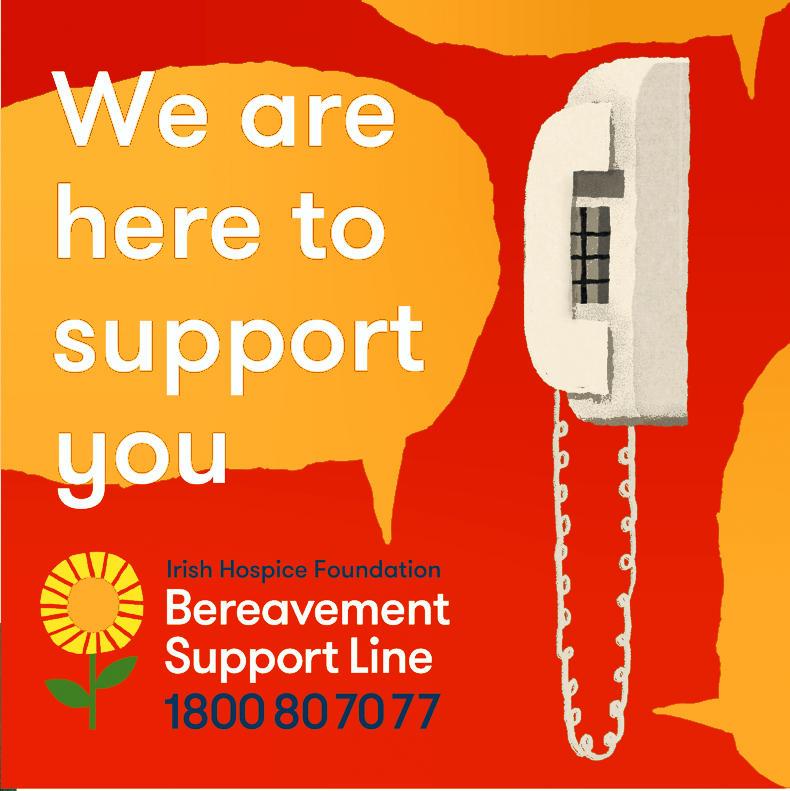
Irish Hospice Foundation support line. \ Conor Nolan
The support line was launched in June and operates for three hours a day from 10am-1pm, Monday to Friday. You can reach it at 1800 807077. The calls are coming in consistently, they are from men and women of all ages and from all parts of the country.
“People want to talk with someone and tell them what’s happened. Our response is to hear the person with compassion and respond to them almost as a friend. We tell them how other people have experienced bereavement and if they need more help we sign post them to it. The support line is there for support not counselling.
“We help them come to terms with what has happened and the difficulties they may face. We can’t fix their pain or bring the person back but we can bear witness to what they have been through. The support line in manned by trained volunteers and staff and their role is to be supportive.
“They will talk not just about the death but what that person meant to the caller and what is going on in their lives. So many of the callers are surprised at the depth of their grief and how it can come out of nowhere. They want to make sense of it all.
“We find that sometimes in families everyone is watching out for each other and while this is good, having a phone line with a friendly stranger to talk with really helps.”
The notion of ritual around death is important says Orla. It can help celebrate a person’s life. Something as simple as playing their music or lighting a candle of an evening can mean so much. If you are a talker, then talk about the person. If not then journal and put your memories in writing.
When feeling grief, exercise can help shift your energy. People also find solace in nature. There is no one-size-fits-all. However, the one thing everyone should do is reach out and do not be afraid to start a conversation.
The Irish Hospice Foundation has an information hub with leaflets on support for Grieving in Exceptional Circumstances and Planning for a Funeral in Exceptional Circumstances. There is also support information for children and teenagers who have lost a loved one.
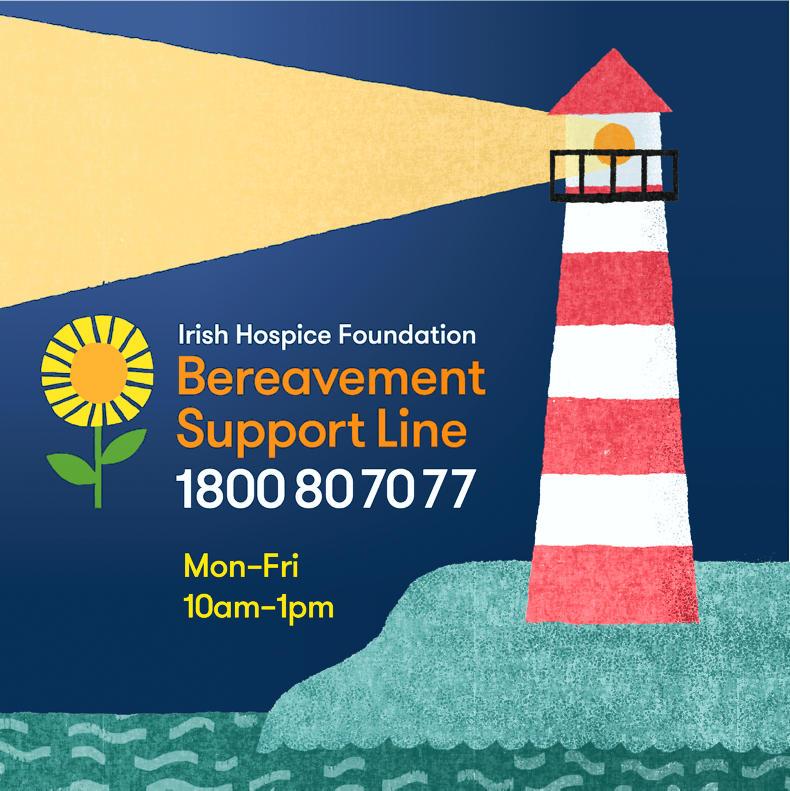
Irish Hospice Foundation support line. \ Conor Nolan
No one should face death or bereavement without the care and support they need. That’s the ambition of the Irish Hospice Foundation which wants to get the principles of hospice care into other care settings including hospitals.
Orla explains: “We know that with end-of-life care there’s only one chance to get it right. So we need to do everything to ensure as much insight and skill as possible is there so that people can have a good death.
“The entire hospital should understand that people get cared for and cured in hospital but they also die there and it should be a dignified place to die and be a supportive place for families to be.”
As part of this she says the Irish Hospice Foundation has a fund with the HSE to look at how mortuaries are built or could be remodelled and how family rooms should be available on every ward.
“One of the first things we did through the Hospice Friendly Hospital programme was to bring in handover bags so that if someone dies in a hospital their property is handed back in a careful way rather than in a bin bag as was the case. It sounds like a small thing but people really appreciate it.”
The way we grieve is an ingrained part of our culture both for the bereaved and those who want to comfort them. With COVID-19 there was shock for both as their usual funeral or wake script was removed. They were uncertain as to what to do and yet their hearts were open to people and feeling their grief.
According to Orla Keegan (pictured) head of education and bereavement at the Irish Hospice Foundation, the wake and funeral – which Irish people do very well – have a strong purpose. 
“They acknowledge the reality of what has happened; the person is dead. All those condolences, visits and chats with each one telling a story or saying what the person meant to them are important. They are reinforcing the fact that the person is gone and are helping the family to that realisation.
“The wake and funeral also allow us pay tribute to the person who has died and mark what they meant to their family and community. With these repeated stories and intense time of talking we are helping them transition from being alive to being in the memory. Lastly, these rituals provide comfort to all who knew and loved the person who has died and this is huge.”
Bereaved people need comfort
However, in a COVID-19 world, while these three functions remain, our usual way of filling them is gone. That’s made it hard for people and their potential comforters. It’s important to say that people have become creative about how they share memories and provide comfort. It may not be a hug but they are reaching out in other ways.
For instance, RIP.ie was quick to promote its condolence book so that people who would have gone to a funeral could write a message in that space. People are writing letters to the bereaved and are saying more than normal and putting more memories of the deceased person down in writing.
Communities are forming guards of honour as a way of comforting the bereaved. They are reaching out but respecting the social distancing rules for the good of the country.
“Bereaved people need comfort and reaching out to them is very important. Keep doing this and be there for people, allow them to talk, to say the name of the person who died. Ask them how they are doing. We fervently believe more conversation about this would help everyone,” says Orla.
For more, email info@hospicefoundation.ie or
phone the berevement support line 1800 807077.
With COVID-19 the Irish Hospice Foundation could see that with more people dying, more people were being left bereaved. Access to social supports was limited so people were more confused and lonely and had more questions to ask. That’s why the Hospice Foundation established its dedicated bereavement support line as a practical way of helping people cope.
“The support line is for those affected by bereavement during the COVID-19 crisis and the many more who lost somebody to other illnesses. It’s also for those cocooning whose reaction to a past death comes back to them. So many people are lonely, distressed and angry and have questions to ask. We are happy to be there for them,” says Orla.

Irish Hospice Foundation support line. \ Conor Nolan
The support line was launched in June and operates for three hours a day from 10am-1pm, Monday to Friday. You can reach it at 1800 807077. The calls are coming in consistently, they are from men and women of all ages and from all parts of the country.
“People want to talk with someone and tell them what’s happened. Our response is to hear the person with compassion and respond to them almost as a friend. We tell them how other people have experienced bereavement and if they need more help we sign post them to it. The support line is there for support not counselling.
“We help them come to terms with what has happened and the difficulties they may face. We can’t fix their pain or bring the person back but we can bear witness to what they have been through. The support line in manned by trained volunteers and staff and their role is to be supportive.
“They will talk not just about the death but what that person meant to the caller and what is going on in their lives. So many of the callers are surprised at the depth of their grief and how it can come out of nowhere. They want to make sense of it all.
“We find that sometimes in families everyone is watching out for each other and while this is good, having a phone line with a friendly stranger to talk with really helps.”
The notion of ritual around death is important says Orla. It can help celebrate a person’s life. Something as simple as playing their music or lighting a candle of an evening can mean so much. If you are a talker, then talk about the person. If not then journal and put your memories in writing.
When feeling grief, exercise can help shift your energy. People also find solace in nature. There is no one-size-fits-all. However, the one thing everyone should do is reach out and do not be afraid to start a conversation.
The Irish Hospice Foundation has an information hub with leaflets on support for Grieving in Exceptional Circumstances and Planning for a Funeral in Exceptional Circumstances. There is also support information for children and teenagers who have lost a loved one.

Irish Hospice Foundation support line. \ Conor Nolan
No one should face death or bereavement without the care and support they need. That’s the ambition of the Irish Hospice Foundation which wants to get the principles of hospice care into other care settings including hospitals.
Orla explains: “We know that with end-of-life care there’s only one chance to get it right. So we need to do everything to ensure as much insight and skill as possible is there so that people can have a good death.
“The entire hospital should understand that people get cared for and cured in hospital but they also die there and it should be a dignified place to die and be a supportive place for families to be.”
As part of this she says the Irish Hospice Foundation has a fund with the HSE to look at how mortuaries are built or could be remodelled and how family rooms should be available on every ward.
“One of the first things we did through the Hospice Friendly Hospital programme was to bring in handover bags so that if someone dies in a hospital their property is handed back in a careful way rather than in a bin bag as was the case. It sounds like a small thing but people really appreciate it.”







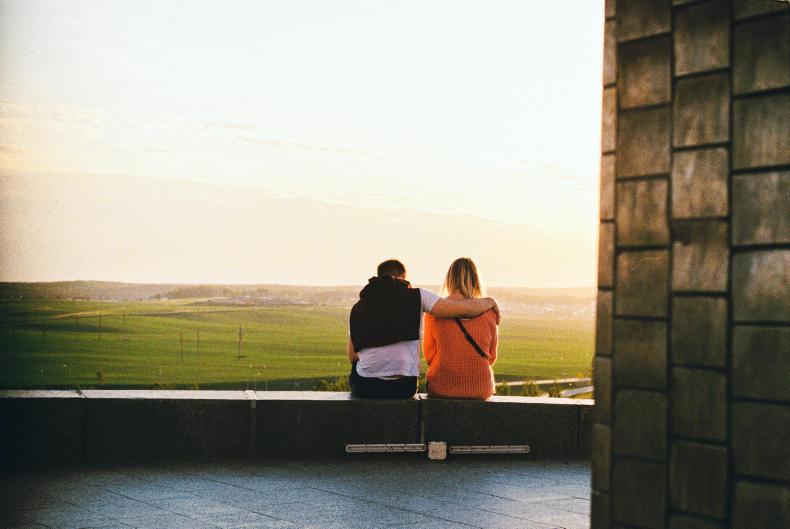
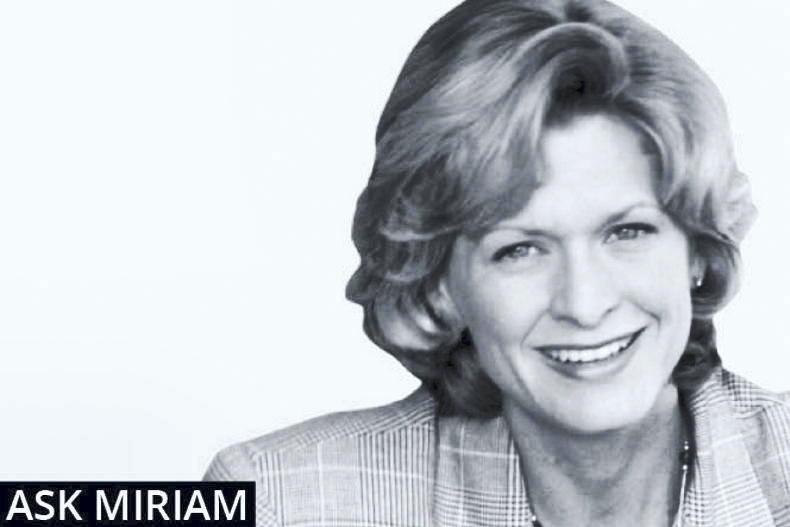
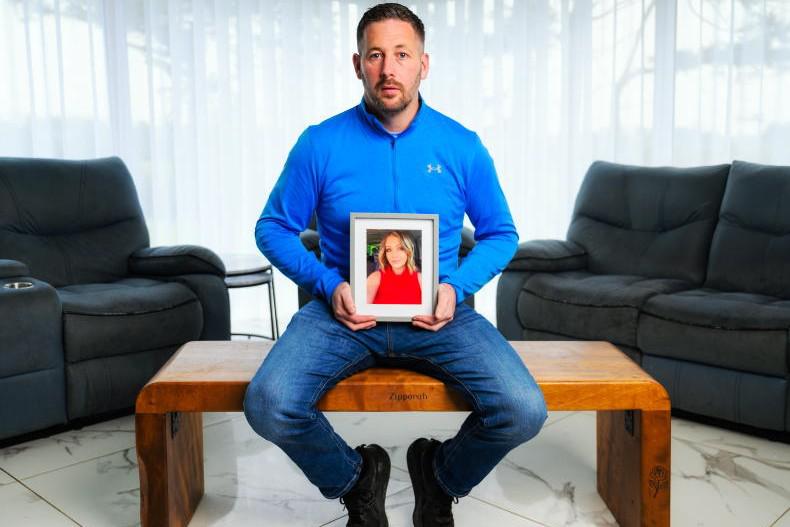
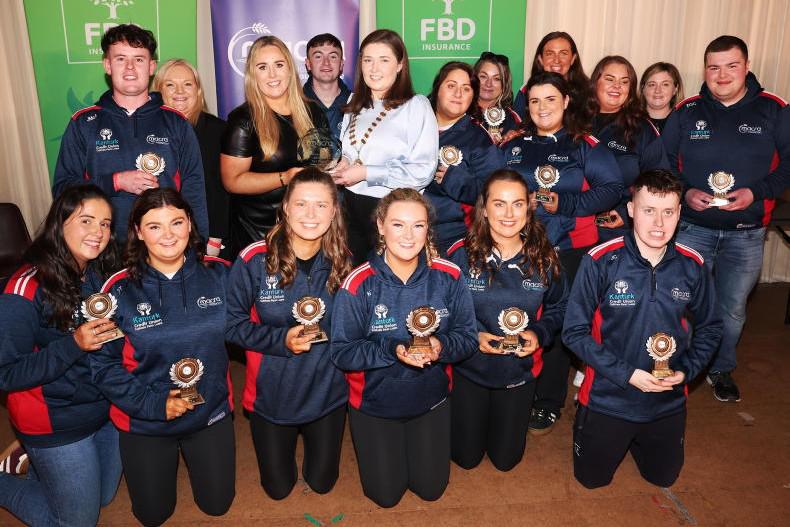
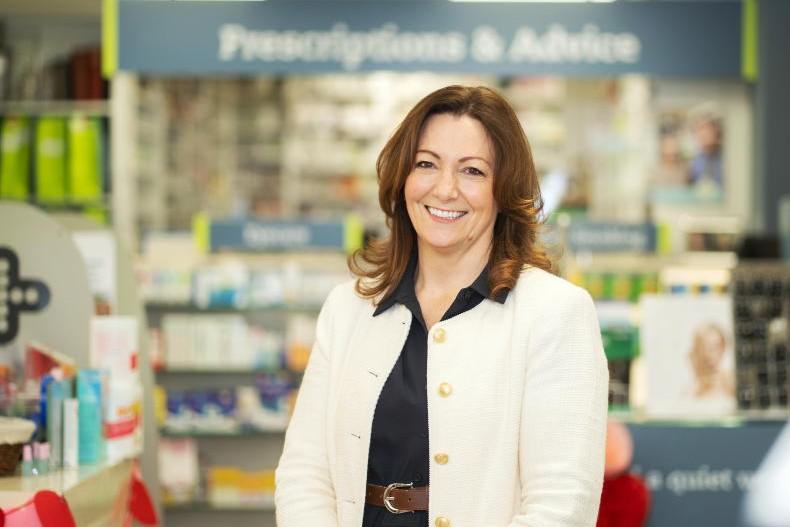
SHARING OPTIONS